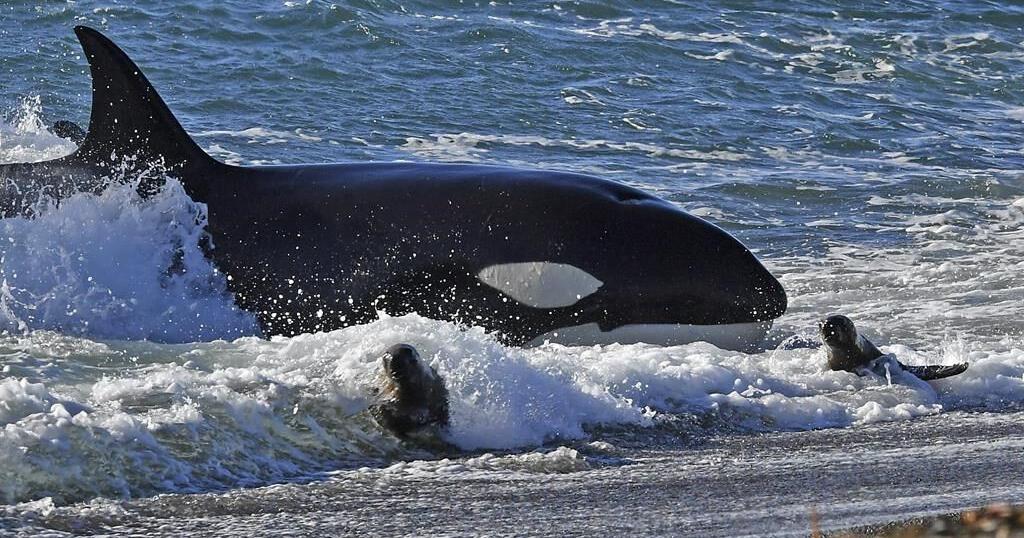Montreal-based women’s clothing retailer Groupe Dynamite Inc. says it has filed a preliminary prospectus for an initial public offering to list on the Toronto Stock Exchange.
The number of shares and offering price for the IPO have not yet been determined.
The company operates stores under both the Garage and Dynamite banners and has about 300 stores across Canada and the U.S.
A majority of its new locations since 2022 have been in the U.S. market, where the company says it plans to continue growing.
It also has plans to expand in other jurisdictions such as the U.K.
The offering is being underwritten by a syndicate led by Goldman Sachs Canada Inc., BMO Nesbitt Burns Inc., RBC Dominion Securities Inc. and TD Securities Inc.
The company has about 6,000 employees across North America. Groupe Dynamite says all of them “will have ownership exposure subsequent to the offering, aligning their interests with those of our shareholders.”
Groupe Dynamite is nearing its 50th anniversary — it was founded in 1975, opening in Montreal’s Place Versailles.
In 2020 the company filed for creditor protection under the Companies’ Creditors Arrangement Act in order to restructure the business as a result of the COVID-19 pandemic. At the time it said it saw record performance in 2019 and was in the midst of an ambitious strategy to compete globally before the pandemic hit.
The company’s CEO is Andrew Lutfy, who has been with the company since 1982 when he started as a stock clerk at the age of 18.
This report by The Canadian Press was first published Nov. 8, 2024.

























